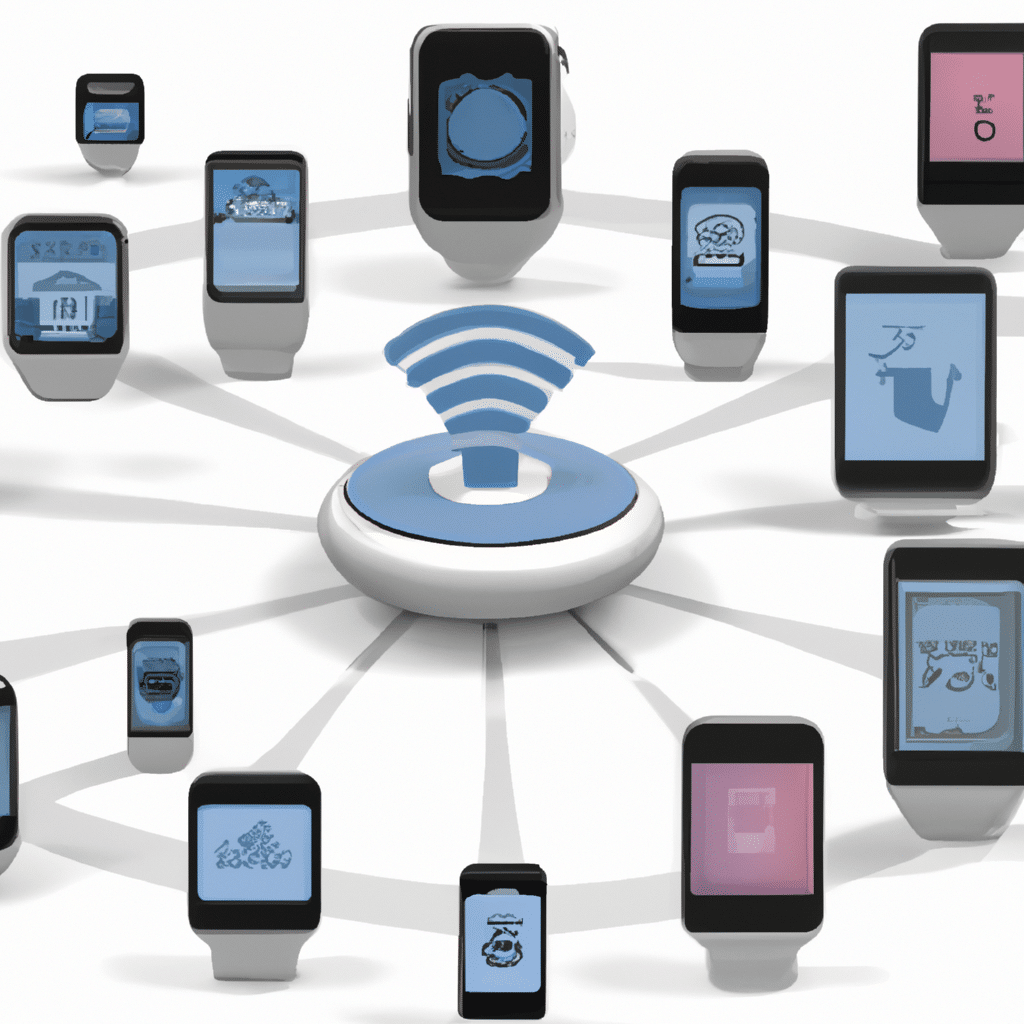Internet of Things (IoT) devices have become increasingly popular in recent years as more and more people are embracing the benefits of smart technology. These devices are designed to make our lives easier by automating tasks, providing real-time data, and improving overall efficiency. However, to function properly, IoT devices require an operating system (OS) that can manage their hardware and software components. In this article, we will review the best operating systems for IoT devices.

What is an Operating System?
Before we dive into the details of the best operating systems for IoT devices, it’s essential to understand what an operating system is and how it works. An operating system is a software that manages a computer’s hardware and software resources. It acts as an intermediary between the user, applications, and the hardware, making it possible for them to communicate and work together.
An operating system runs on various devices, including smartphones, laptops, and desktops. It provides a user interface, manages memory, allocates resources, and ensures the security and stability of the system. However, not all operating systems are suitable for IoT devices.
Characteristics of IoT Operating Systems
IoT devices come with unique requirements that traditional operating systems cannot meet. The following are some of the characteristics of IoT operating systems:
-
Low power consumption: IoT devices often operate on battery power and must consume as little power as possible to extend their battery life.
-
Small size: IoT devices have limited storage and memory capacity, so the operating system must be small in size and lightweight.
-
Real-time processing: Some IoT devices require real-time processing to perform tasks quickly and efficiently.
-
Security: IoT devices collect and transmit sensitive data, so the operating system must be secure and protect against cyber threats.
-
Compatibility: IoT devices have different hardware and software components, so the operating system must be compatible with them.
Best Operating Systems for IoT Devices
Now that we’ve discussed the characteristics of IoT operating systems let’s look at the best operating systems for IoT devices.
1. Linux
Linux is an open-source operating system that has been around for over two decades. It is a popular choice for IoT devices due to its flexibility, security, and low cost. Linux is lightweight, scalable, and can run on a variety of hardware platforms, making it a versatile choice for IoT devices.
One of the most popular Linux distributions for IoT devices is the Raspbian OS, which is designed specifically for the Raspberry Pi board. It is lightweight, easy to use, and comes with pre-installed software libraries, making it an ideal choice for developers.
2. Android Things
Android Things is a lightweight operating system designed by Google specifically for IoT devices. It is based on the Android operating system, making it easy for developers to create and deploy applications. Android Things supports popular IoT protocols such as Bluetooth, Wi-Fi, and Google Cast, making it a versatile choice for IoT devices.
Android Things also comes with built-in security features such as secure boot, over-the-air updates, and hardware-based encryption, making it a secure choice for IoT devices.
3. FreeRTOS
FreeRTOS is a real-time operating system designed for embedded devices. It is lightweight, scalable, and has a small memory footprint. FreeRTOS is highly configurable, making it easy to customize for specific use cases.
FreeRTOS is also open-source, making it a cost-effective choice for IoT devices that operate on a limited budget. It is compatible with a wide range of microcontrollers and microprocessors, making it a versatile choice for IoT devices.
4. Zephyr
Zephyr is a real-time operating system designed for resource-constrained devices. It is open-source, scalable, and compatible with a wide range of hardware platforms. Zephyr comes with built-in security features such as secure boot and hardware-based encryption, making it a secure choice for IoT devices.
Zephyr is highly configurable, making it easy to customize for specific use cases. It also supports popular IoT protocols such as Bluetooth, Wi-Fi, and Zigbee, making it a versatile choice for IoT devices.
Conclusion
In conclusion, choosing the right operating system for your IoT device is essential to ensure its proper functioning and security. The operating system must be lightweight, scalable, secure, and compatible with your device’s hardware and software components. The four operating systems we’ve discussed in this article, Linux, Android Things, FreeRTOS, and Zephyr, are among the best operating systems for IoT devices. Each has its unique features and advantages, so it’s crucial to choose the one that best suits your device’s requirements.












